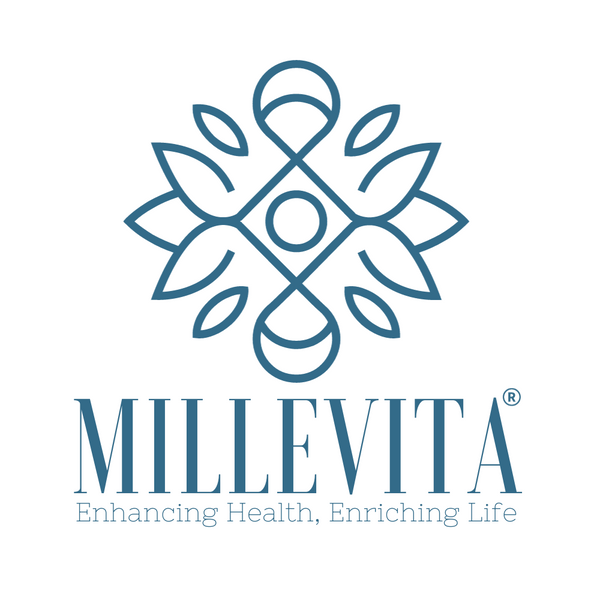
The Art of Slumber: Exploring Sleep Support
Share
Unlock the secrets of a great night's sleep by exploring our in-depth insights on sleep support, managing STRESS and Anxiety, understanding the profound impact of technology, and making judicious dietary choices to embellish your nocturnal experience.
Everyone craves a restful night of sleep, yet it remains elusive for many. "Are you getting a great night's sleep?" is a question that reverberates in the minds of countless individuals. Numerous factors, including stress and anxiety, dietary habits, and exposure to technology, are subtly altering our sleep quality.
How Does Sleep Feel?
To truly comprehend, how does sleep feel, we acknowledge it as a healing and restorative state where our body and mind find solace away from the day's turmoil1. It’s a sanctuary where our bodily systems undergo essential healing and rejuvenation, refueling us with vigor for the impending day.
Navigating STRESS and Anxiety
In today’s incessantly moving world, encountering STRESS and Anxiety is inevitable2. These psychological states form significant barriers to our ability to unwind and immerse into sleep. Embracing relaxation methods like meditation and deep breathing allows our bodies to settle and welcome optimal sleep support. Embedding these strategies aids in achieving serene and seamless sleep.
Sleep Support - The Gateway to Blissful Slumber
Establishing a harmonious sleep state is essential3. Effective sleep support stems from cultivating regular sleep routines, developing a comforting sleep environment, and addressing the variables that could disrupt sleep, such as stress and dietary habits. Harmonizing these elements is pivotal in attaining restful and reviving sleep.
Dietary Choices: What to Eat and What Not to Eat Before Going to Bed
Our dietary patterns are crucial determinants of our sleep’s quality4. Discerning what to eat before going to bed assures our bodies are aptly prepared for a tranquil night. Choosing foods abundant in tryptophan, like turkey and yogurt, aids better sleep5. Additionally, incorporating magnesium and calcium-rich foods also elevate sleep quality.
Conversely, discerning what not to eat before going to bed is paramount. Evading caffeine, spicy foods, and substantial meals avert nocturnal disturbances6.
The Effect of Technology on Sleep
In this tech-saturated era, the effect of technology on sleep is a critical concern7. The blue light from screens obstructs melatonin production, complicating our sleep induction8. Establishing a tech-free bedroom sanctuary and moderating screen time pre-slumber can substantially alleviate these effects, improving overall sleep quality.
Final Thoughts
Deciphering how does sleep feel and addressing the multifaceted elements influencing it are central to optimizing our nocturnal journeys. By mitigating STRESS and Anxiety, employing proficient sleep support, making mindful dietary decisions, and reducing the effect of technology on sleep, we are steering towards restorative and rejuvenating sleep.
In this pursuit of serene slumber, attune to your body, make enlightened choices, and adopt habits fostering wellness and tranquillity.
Disclaimer:
This article is intended for informational purposes only and does not substitute for professional medical advice, diagnosis, or treatment. Always seek the advice of your physician or another qualified health provider with any questions you may have regarding a medical condition or your general well-being. The inclusion of any links does not necessarily imply a recommendation or endorse the views expressed within them.



